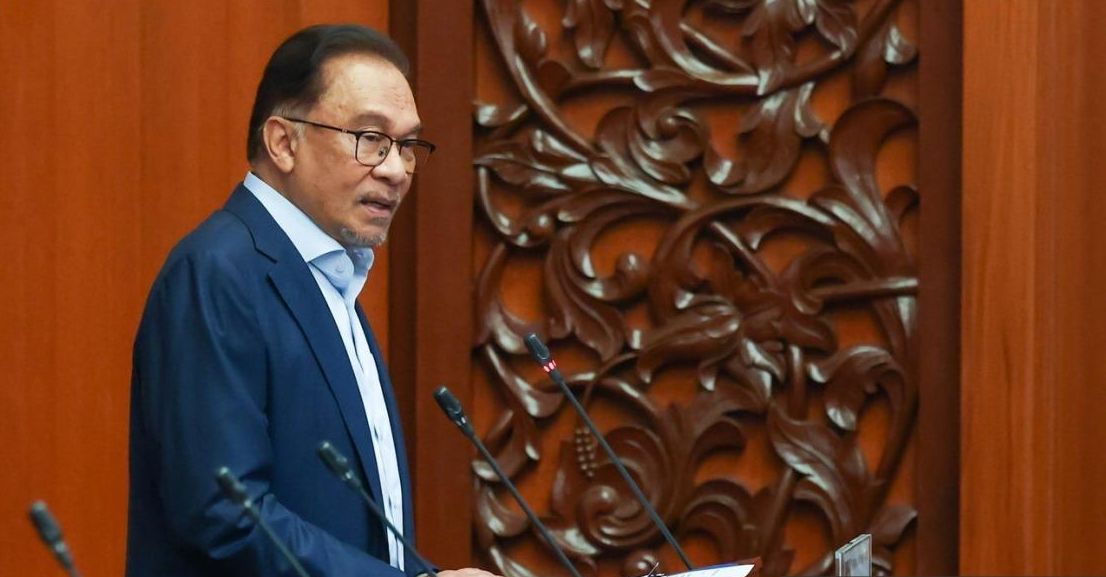A number of the line items in the lengthy budget are noteworthy, with a handful being of potential interest to expats, as well.
Prime Minister Anwar Ibrahim, in his position as Minister of Finance, recently tabled the 2024 budget in Parliament. It was a budget that was focused on improving the quality of life for lower-income families, and in terms of cost, at RM393.9 billion, was the largest ever submitted in Malaysia’s history. It included some increase in taxes, which will primarily hit higher-income households, as well as a commitment to reduce the cost of government subsidies on goods and services. Overall, the budget also aims to spur economic activity. Additionally, it included elements that seem to be in line with his party’s previous statement about making Malaysia a more friendly place with regards to foreigners.
In terms of Malaysians, Anwar again committed to reducing the cost of subsidies, which apparently now run at around RM80 billion a year. The administration plans to do this by making certain subsidies more targeted so they reach the intended people. Analysis of this money shows that more of it goes to higher-income families than the intended recipients. That is because they usually spend more money on these items. A case in point is RON95 fuel, which is subsidized but can be used by most cars regardless of their price. The higher-octane RON97, which is no longer subsidized and therefore costs a lot more, is intended for use in high-performance engines, and only a small percentage of cars on Malaysian roads actually require this fuel. The vast majority are made to run perfectly well on RON95.
The government will introduce a luxury goods tax and increase the sales and service tax from the current 6% to 8% on most items.
The budget contains a RM350 million allocation to promote the country as a tourist destination.
As regards the international community, Anwar announced the Malaysian Visa Liberalisation Plan, which is aimed at facilitating visas for foreigners needed in key industries and making things easier for tourists from some countries which are not currently eligible for visas on arrival. He also specifically referred to making employment visas available to international graduates who pursue degrees in Malaysia. Importantly, Anwar also confirmed the government would ease the conditions for the Malaysia My Second Home visa, whose latest much-stricter terms have attracted widespread criticism and led to a staggering plunge in applications for the once-popular programme.
Making it easier to be approved for the MM2H visa has been alluded to many times this year, but very little detail on what is planned has been formally announced. There is an expectation that there will be several visas under what is now the Malaysia My Second Home programme, each targeting a different segment. This certainly makes sense, as the one visa currently covers several very disparate groups of people from parents of school-age kids wanting to have them educated in Malaysia to those who wish to retire here. Clearly, one set of terms and conditions cannot accommodate all groups. The government will also need to think about a visa for those residents of Singapore they are targeting with the recently announced special economic and financial zones in Johor.
During his announcement, Anwar also stated that the country’s economy was expected to grow by 4.0 to 5.0% in 2024, led by the services sector.
Overall, the reaction to the budget has been largely positive, but as usual, the real challenge will be in the implementation stages. Stay tuned.
"ExpatGo welcomes and encourages comments, input, and divergent opinions. However, we kindly request that you use suitable language in your comments, and refrain from any sort of personal attack, hate speech, or disparaging rhetoric. Comments not in line with this are subject to removal from the site. "





















